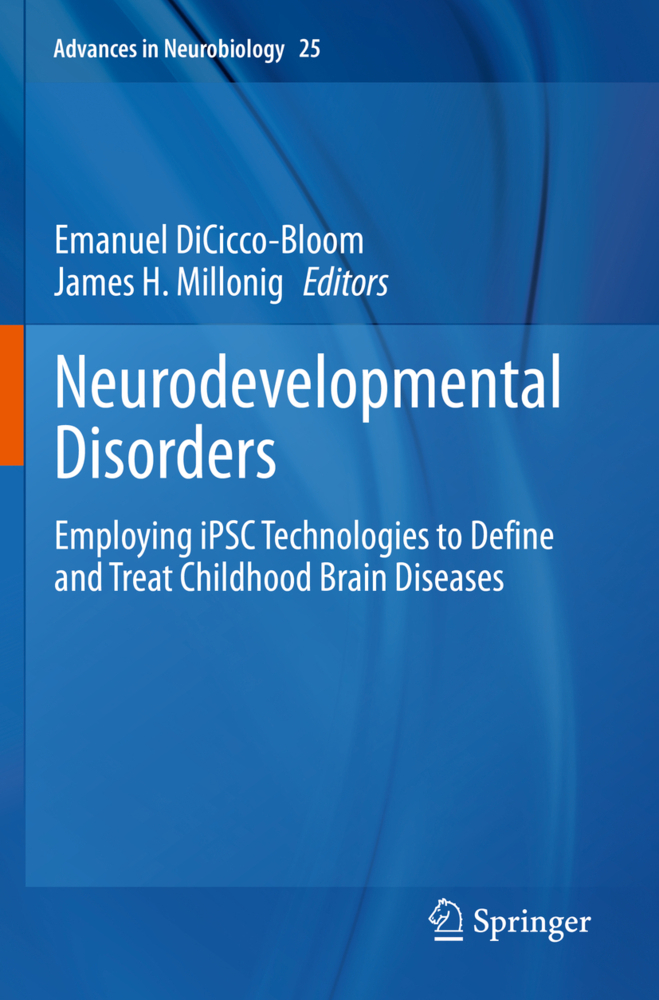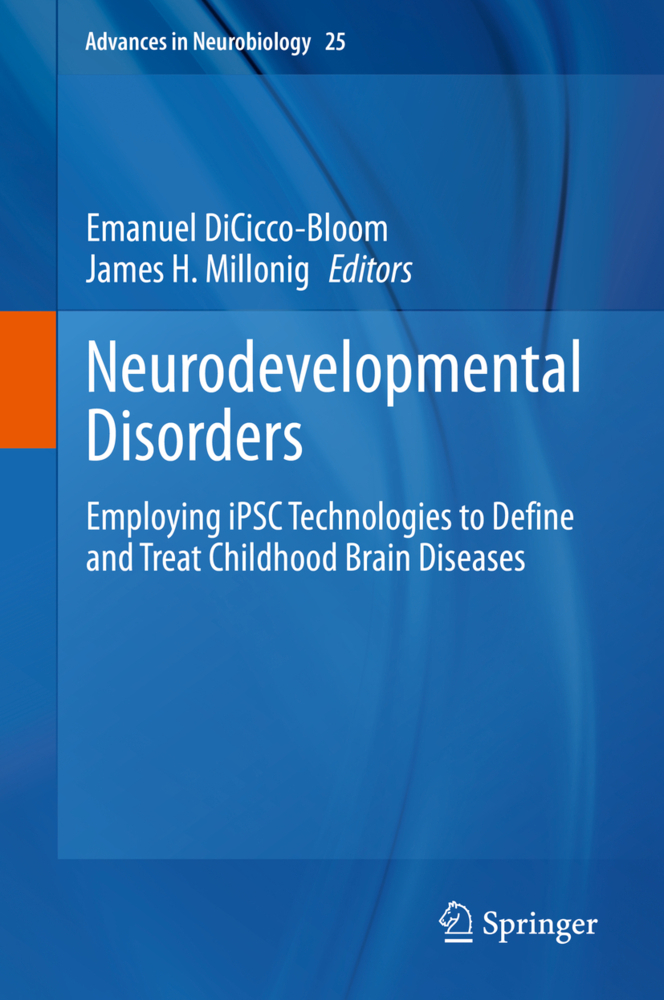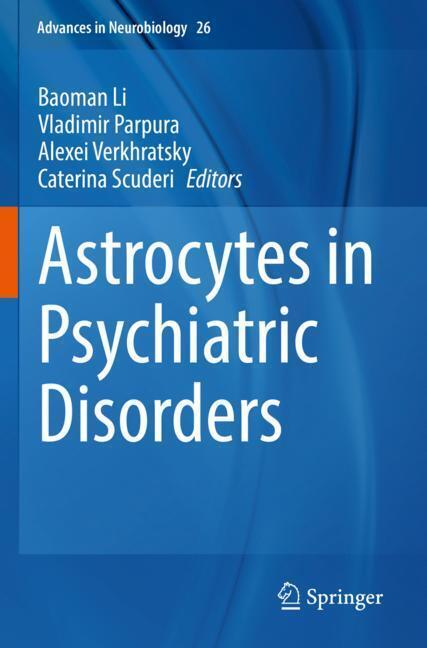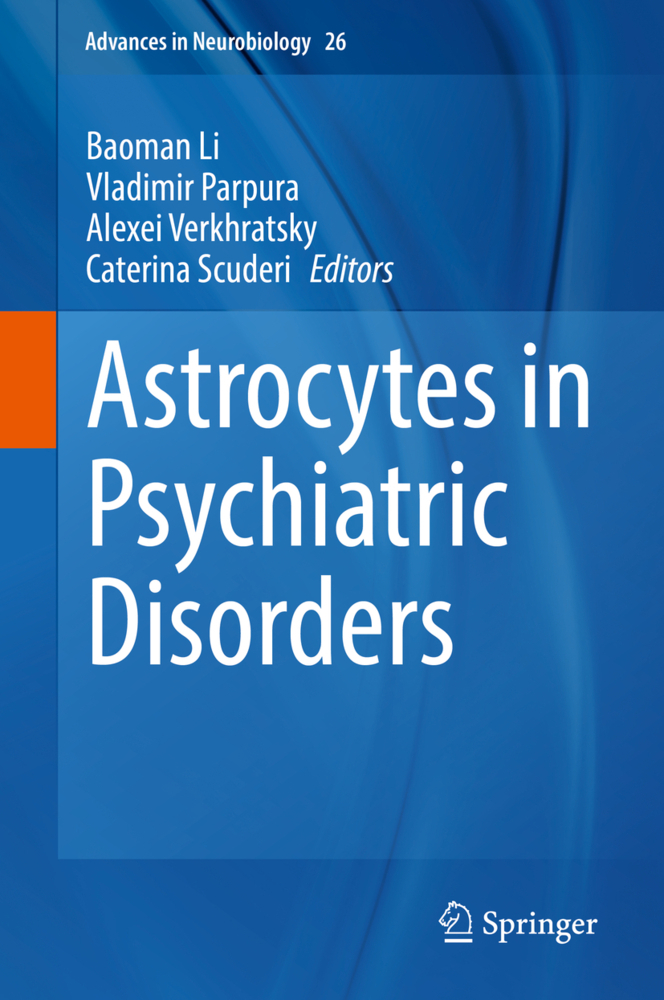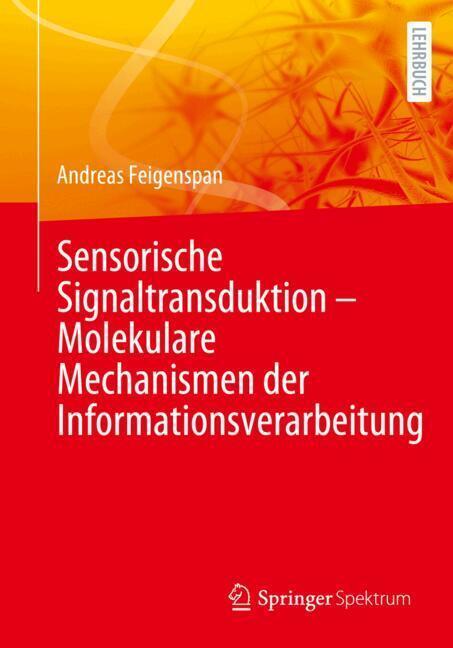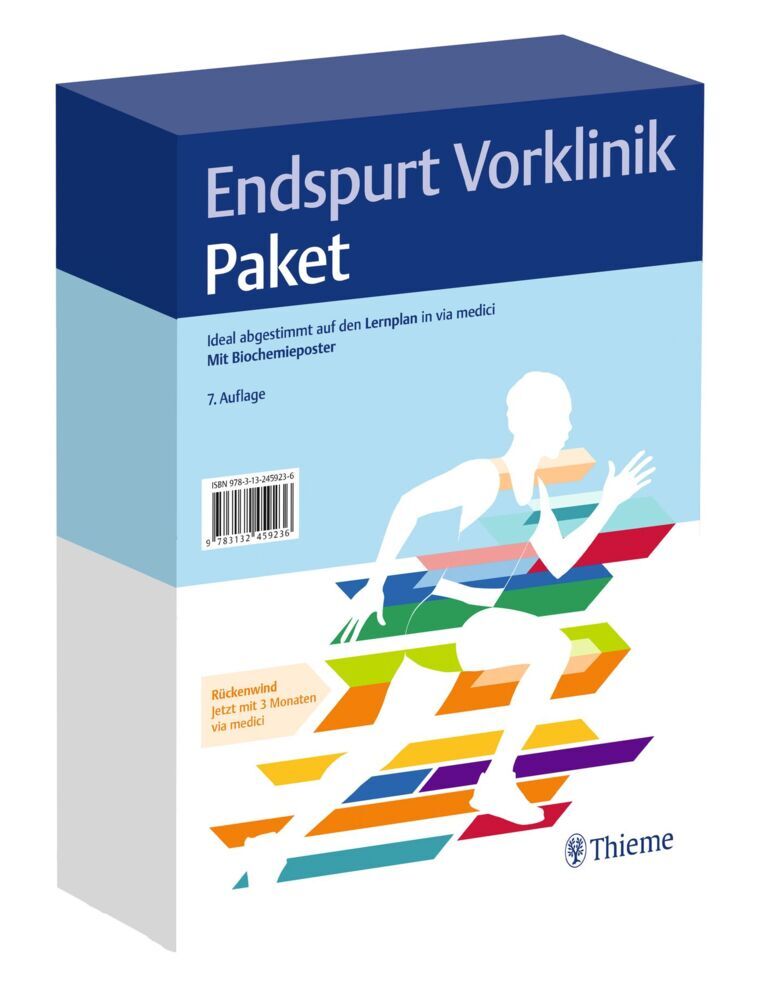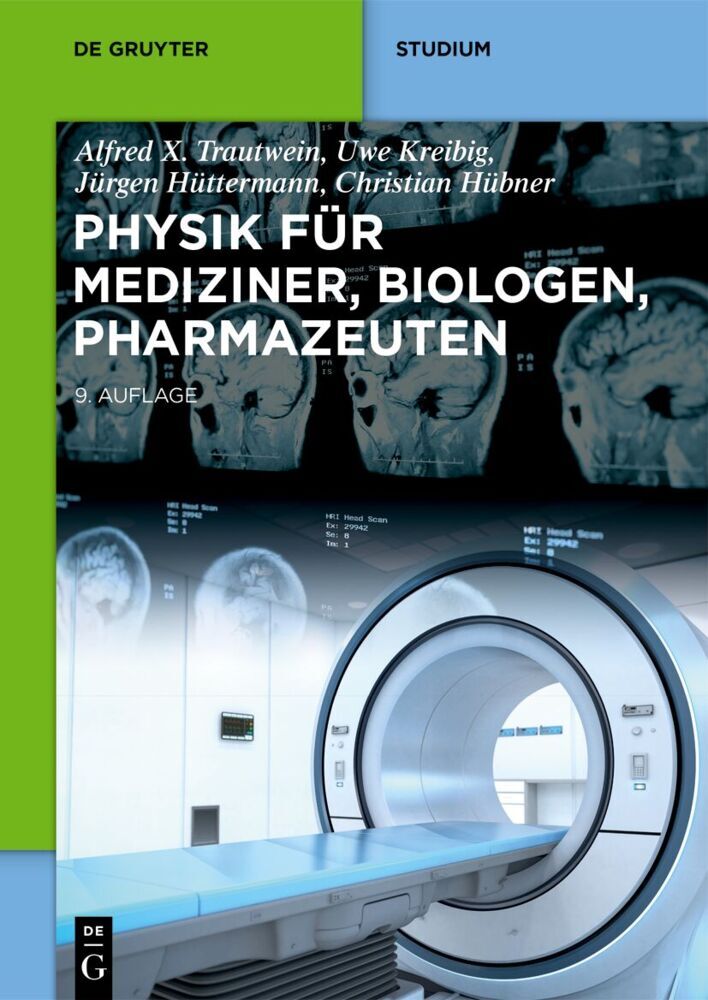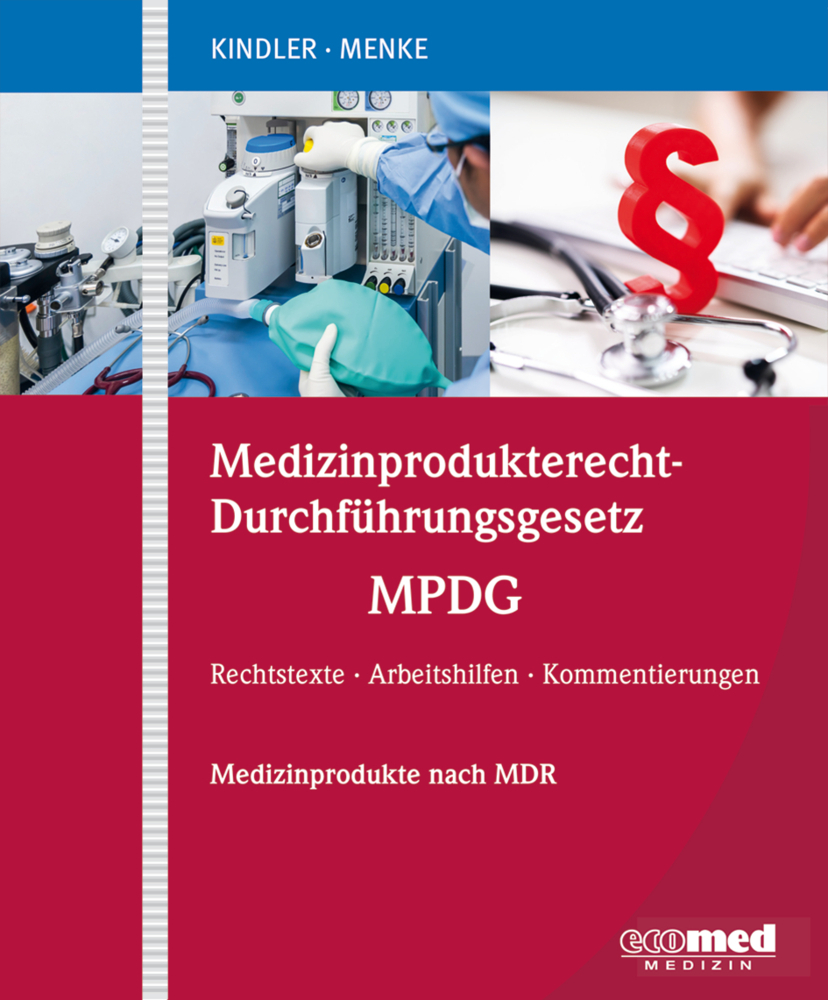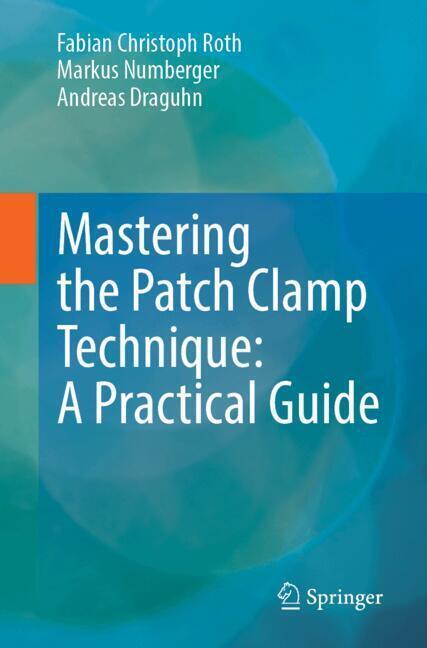Neurodevelopmental Disorders
Neurodevelopmental Disorders
This book contains a compendium of induced pluripotent stem cells (iPSCs) articles and reviews concerning state of the art technologies and how they are being applied to human neurodevelopmental disorders. With the establishment of effective technologies to produce iPSCs and their derivatives, like neural precursors, neurons, and glia, researchers have new platforms to study neurodevelopmental disorders. iPSC technology enables researchers to study how human neurons develop in individuals with neurodevelopmental disorders, providing an unparalleled opportunity to investigate their etiology. In turn, researchers have now begun to understand the underlying molecular and cellular pathways that contribute to human diseases. iPSCs technologies also provide an emerging tool for future translational studies and disease classification. The chapters will emphasize how among the diverse idiopathic and genetic disorders, there are common clinical as well as cellular andmolecular phenotypes.
1. Modeling neurodevelopmental deficits in Tuberous Sclerosis Complex with stem cell-derived neural precursors and neurons.- 2. Advances in human stem cells and genome editing to understand and develop treatment for Fragile X syndrome.- 3. IPSC MODELS OF CHROMOSOME 15Q IMPRINTING DISORDERS: FROM DISEASE MODELING TO THERAPEUTIC STRATEGIES.- 4. Creating iPSC based models to understand the signaling and cellular phenotypes in idiopathic autism and 16p11.2 derived neurons.- 5. Dysregulation of Neurite Outgrowth and Cell Migration in Autism and other Neurodevelopmental Disorders.- 6. Investigation of Schizophrenia with Human Induced Pluripotent Stem Cells.- 7. Modeling Inflammation on Neurodevelopmental disorders using pluripotent stem cells.- 8. Astrocyte-derived exosomes in an iPSC model of bipolar disorder.- 9. Two- and there-dimensional stem cell models to define mechanisms underlying psychiatric disorders.- 10. Development of a 3-D organoid system using human induced pluripotent stem cells to model idiopathic autism.
DiCicco-Bloom, Emanuel
Millonig, James H.
| ISBN | 978-3-030-45495-1 |
|---|---|
| Artikelnummer | 9783030454951 |
| Medientyp | Buch |
| Copyrightjahr | 2021 |
| Verlag | Springer, Berlin |
| Umfang | IX, 305 Seiten |
| Abbildungen | IX, 305 p. 26 illus., 23 illus. in color. |
| Sprache | Englisch |

